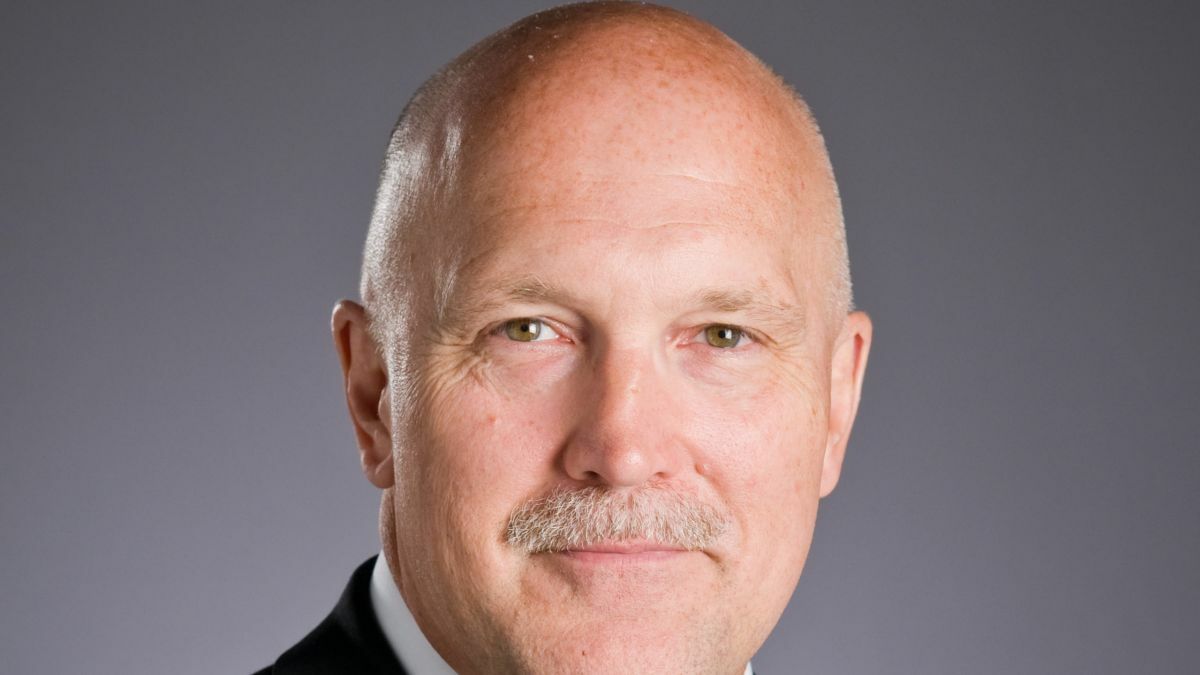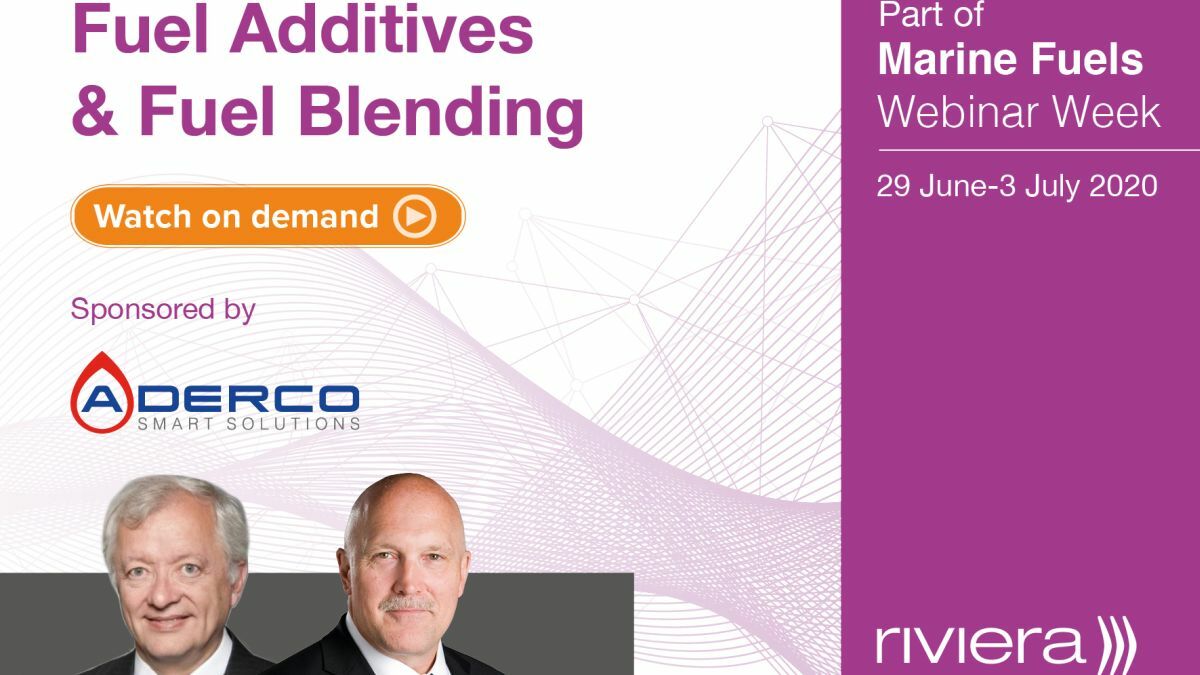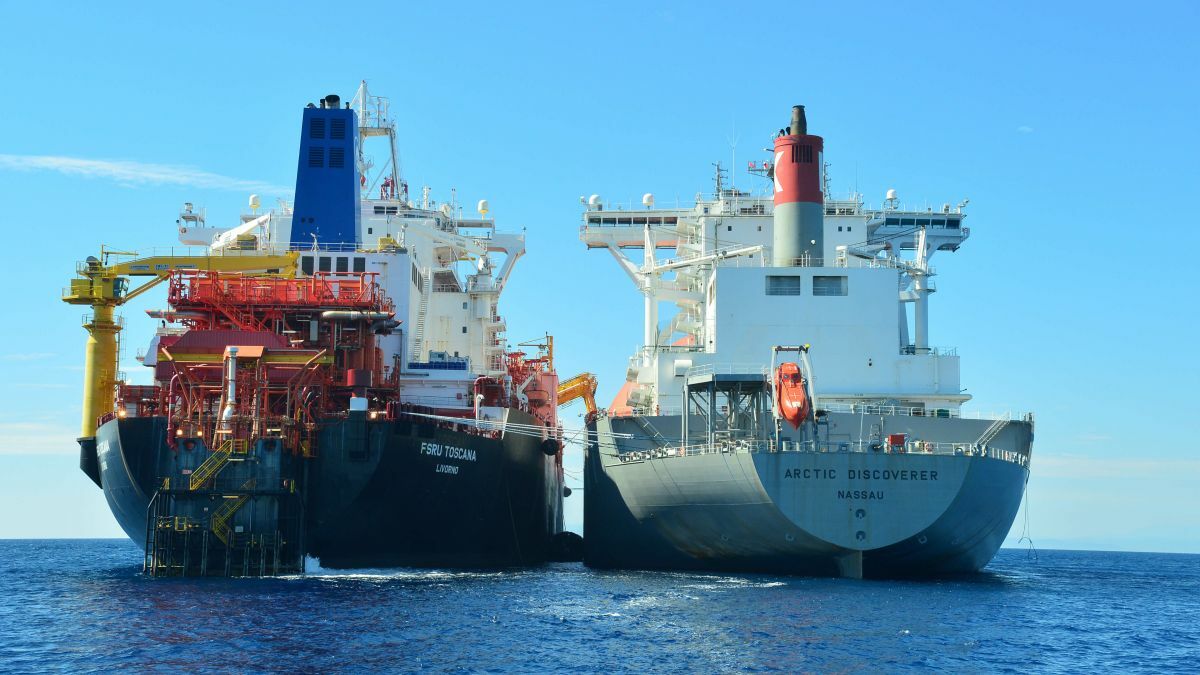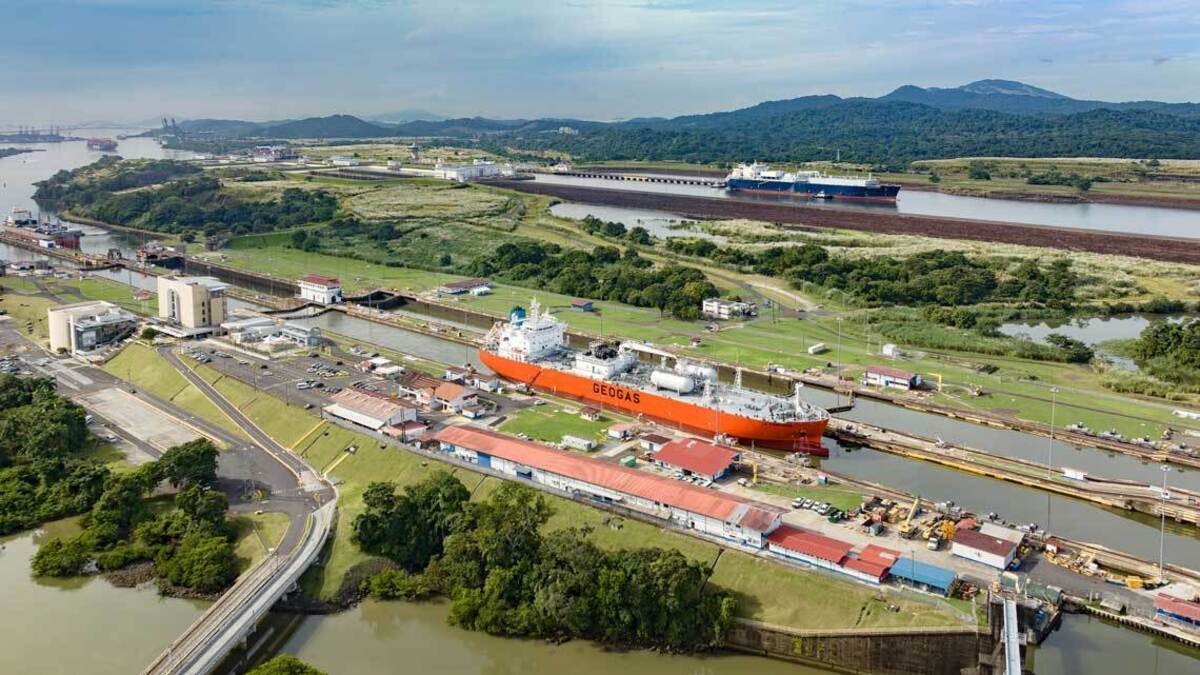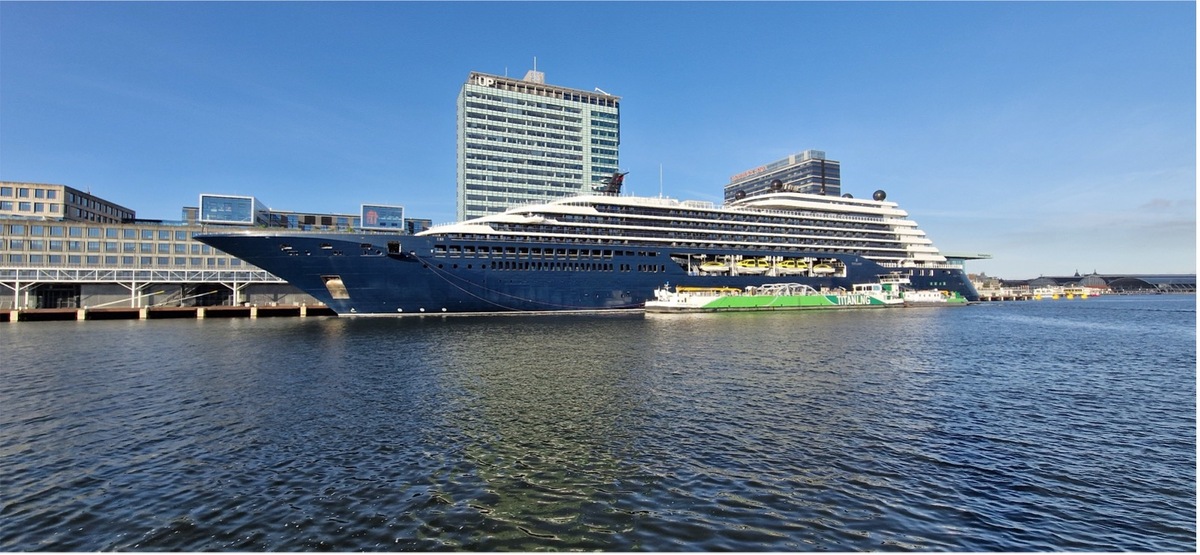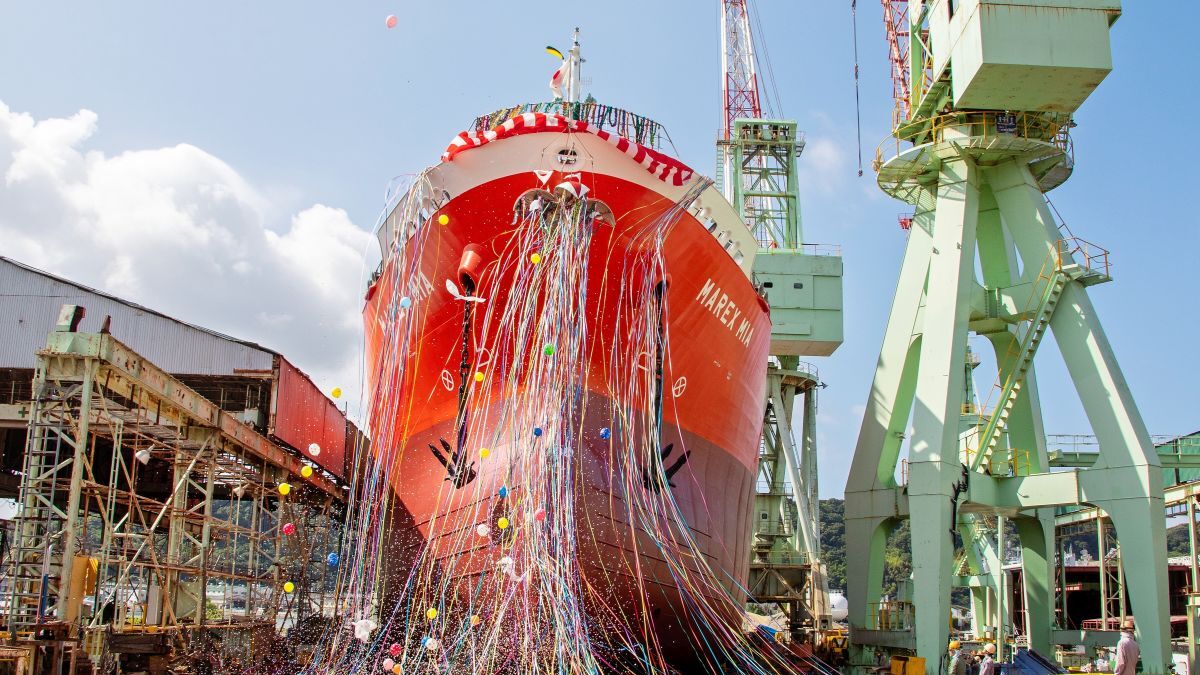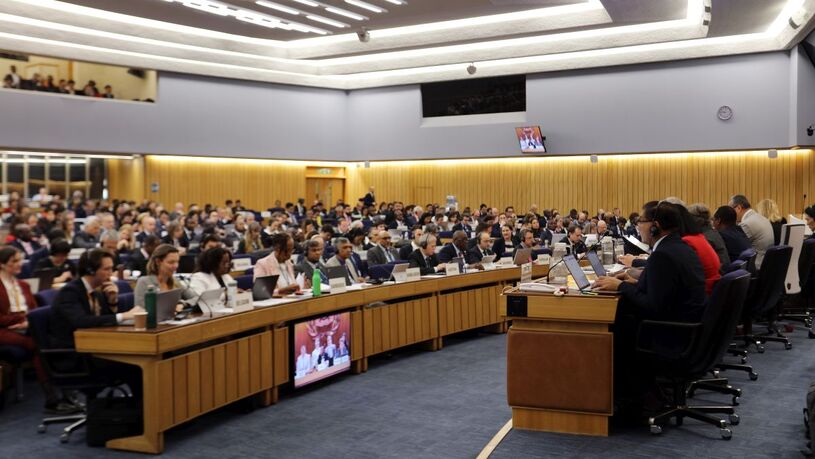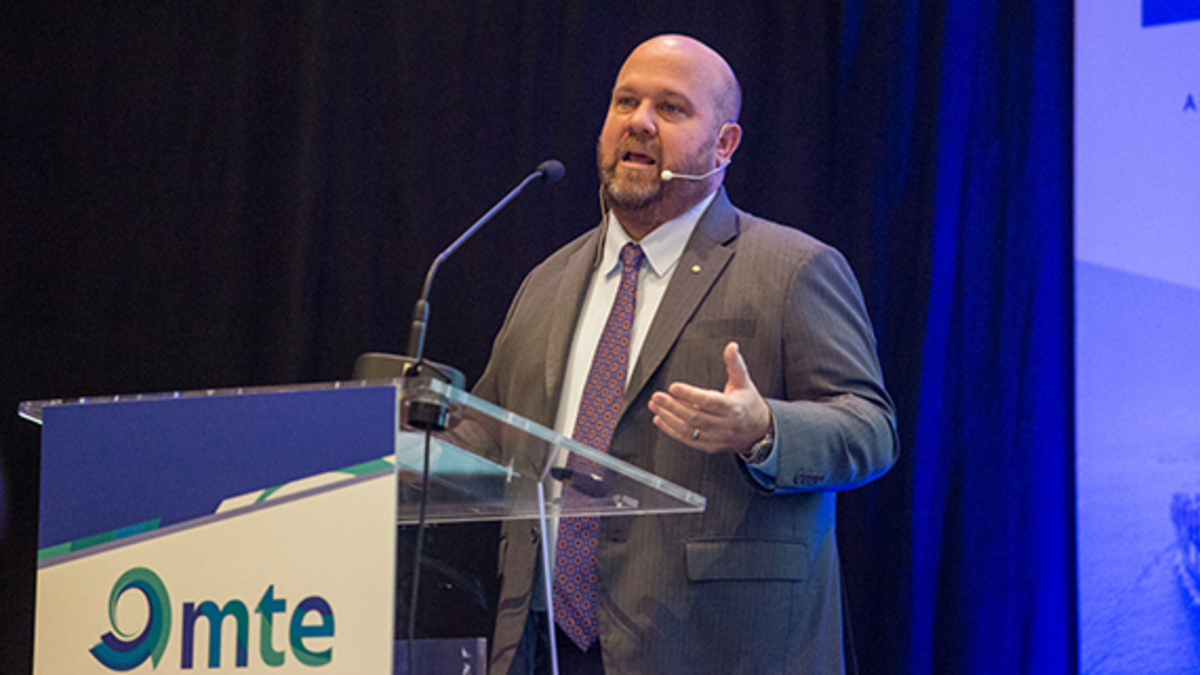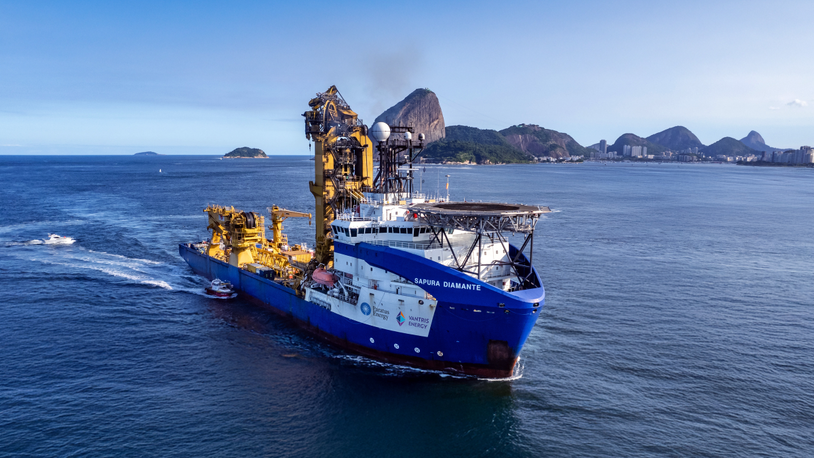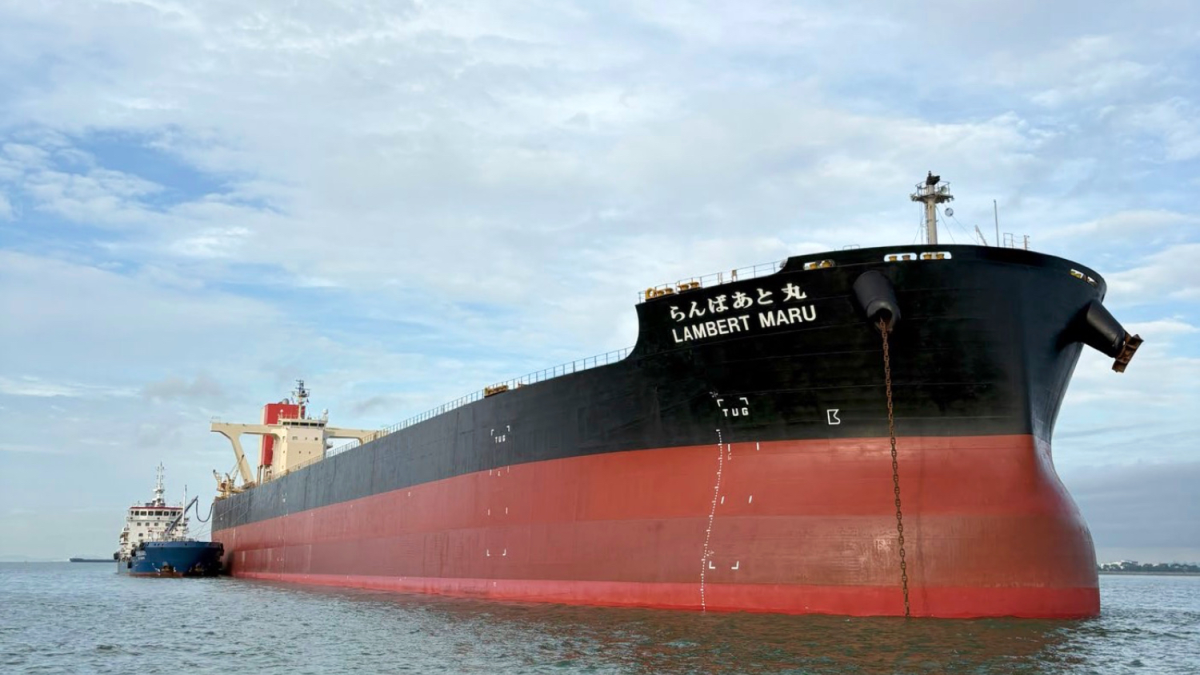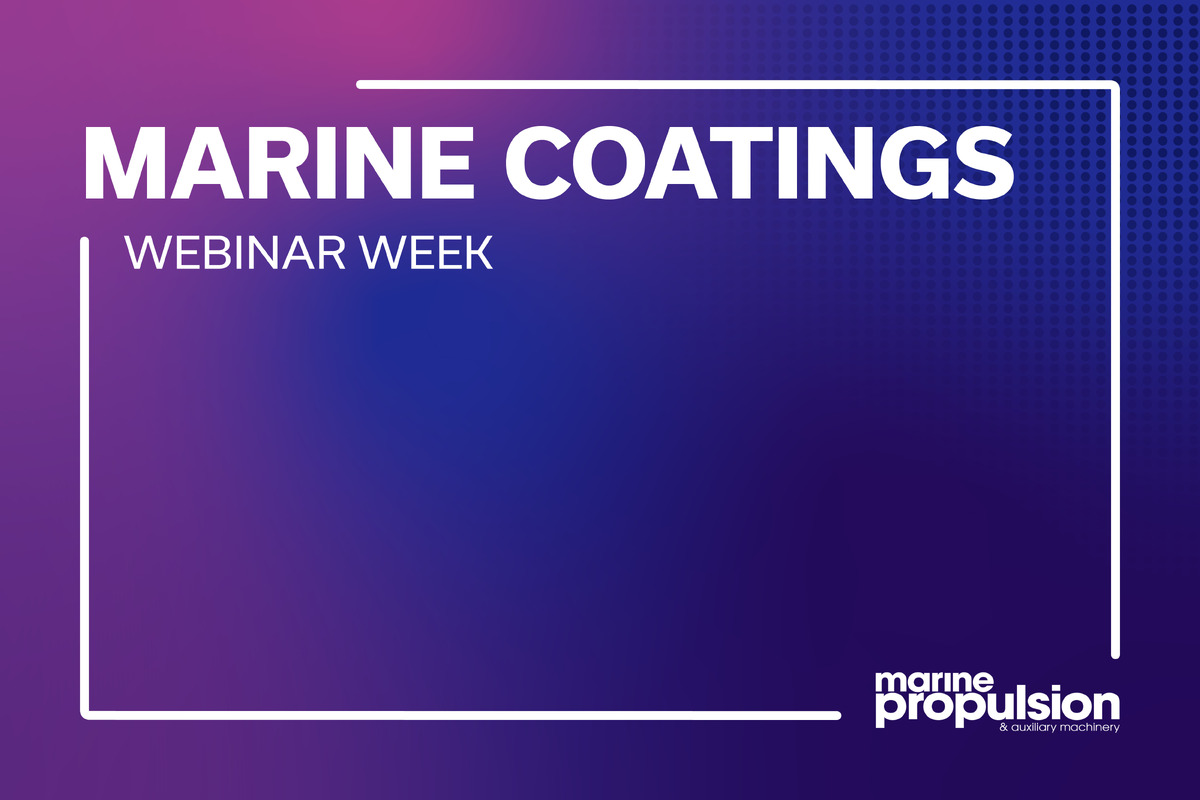Business Sectors
Contents
Two-thirds of buyers have little or no confidence in fuel quality
Six months after the introduction of very low sulphur fuel oil (VLSFO), questions remain over quality and stability. In our Fuel Additives & Fuel Blending webinar, ExxonMobil technical advisor John LaRese encouraged buyers to ask more questions while Aderco group technical director Olivier d’Olne argued that fuel treatment protocol is a worthwhile insurance
The webinar was the first in the Marine Fuels Webinar Week and was sponsored by Aderco, supplier of fuel treatment products.
Aderco group technical director Olivier d’Olne opened the webinar with a presentation on the qualities Aderco 2055G brings to treating fuel. He noted that many of the issues with fuel quality did not end when VLSFO was introduced in January 2020. The five key issues are: sludge, catalytic fines, stability, asphaltene and compatibility.
These issues were also highlighted in a poll of those attending the webinar. Poor stability was the number issue reported (41%), followed by non-compatibility (19%) and low viscosity (15%). A significant number of webinar attendees also had issues with poor combustion (14%) and catalytic fines (11%).
“There are also new issues appearing with VLSFO in the form of high pour point and problems with waxing,” said Mr d’Olne. He noted there is a wide range of components that can be used in the VLSFO mix. Aderco has done significant research in the area of fuel compatibility and has built up a library of VLSFO fuel samples taken from vessels, he said.
Mr d’Olne shared the results of using Aderco 2055G fuel treatment which showed a reduction in sludging and incompatibility. In his opinion, fuel treatment policies, such as using Aderco 2055G, is equivalent to an insurance policy acting to mitigate potential issues with poor fuel quality.
Discussing fuel quality, ExxonMobil technical advisor John LaRese listed the many instances and causes of fuel quality degradation. One example he gave was the lack of solvency reserve in fuels that causes asphaltene molecules dropping out of suspension to create sediment. The sedimentation process can block filters and cause other issues for vessel engines.
“Looking at fuels in the past, sediment levels were in the background. Prior to 2020, 0.5% of all deliveries experienced some sort of incompatibility. What we are seeing now in some deliveries is that sediment levels are starting to creep up. The fuel is on spec, but sediment levels are higher,” he said.
This and other issues are having an impact on confidence. In a poll asking how confident attendees are in the quality of fuels they are buying, only 7% expressed confidence in the quality of fuel purchased. Over a quarter (26%) had little confidence, but over two-thirds of respondents were in the least confident categories of next to no confidence or no confidence.
However, in another poll, which offered a simple yes or no response, over a third of respondents (35%) admitted they do not ask their fuel suppliers for a certificate of quality or ask what steps the suppliers have taken to ensure product suitability. The responses served to underscore the importance for owners and operators in understanding as much as possible about the fuel they are buying, Mr LaRese said.
“My advice is: question your supplier, find out about the testing that has been done. If they do not want to share that information with you, then you have to ask yourself: why?” Mr LaRese said in his summary.
You can view the webinar, in full, in our webinar library.
And you can sign up to attend our upcoming webinars on our events page.
Panellists (left to right): Aderco group technical director Olivier d’Olne and ExxonMobil Marine Fuels technical advisor John LaRese
Related to this Story
Events
LNG Shipping & Terminals Conference 2025
Vessel Optimisation Webinar Week
Marine Coatings Webinar Week
© 2024 Riviera Maritime Media Ltd.


